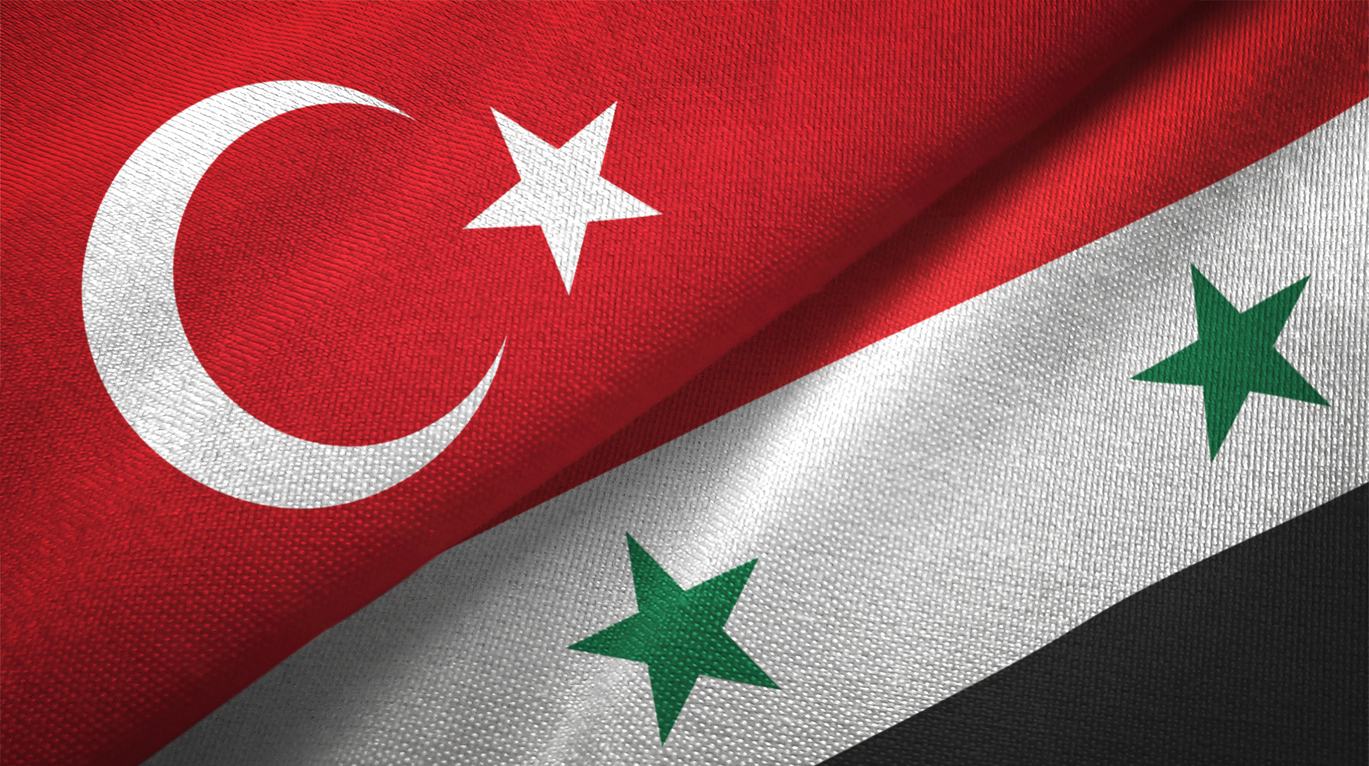Turkey Suspected in Drone Strike Violation of Ceasefire in Northern Syria

4/29/2025 Syria (International Christian Concern) — Speaking next to a small, still-smoking crater in the ground, David Eubank of Free Burma Rangers recorded a video this weekend documenting a suspected Turkish airstrike on a village in an area west of Ayn Issa, the capital of a semi-autonomous Kurdish region in northern Syria.
“You see all these kids and villagers around here,” Eubank said in a video taken at the scene and sent to International Christian Concern (ICC), “there’s no military target here.” The strike, which occurred at about 5:45 p.m. local time on Sunday, damaged a building and a nearby vehicle but did not appear to have caused any casualties.
From the location of the strike, analysts believe it is likely that the strike was perpetrated by a Turkish military drone. The strike occurred south of the Turkish border near the Euphrates River and violated a recent ceasefire agreement, Eubank told ICC.
The Turkish Air Force is known to operate drones out of the Gaziantep Airport, which is located a short distance north of the border.
Turkey, now officially called Türkiye, has long opposed the semi-autonomous Kurdish region, where the acting government has made efforts to protect religious minorities from persecution despite decades of pressure from Turkey to the north, militias to the west, and the Syrian national government to the south.
In December 2024, rebel forces from the country’s northwestern region, led by Ahmed al-Sharaa, marched on the capital Damascus and deposed longtime dictator Bashar al-Assad. Assad’s decades-long rule was marked by mass violence against civilians and the brutal repression of religious and ethnic minorities.
While al-Sharaa’s new government has promised to protect religious minorities and their place in society, such an inclusive effort must overcome decades of tension between communities and is far from a sure conclusion.
Some analysts predict that al-Sharaa’s deep roots in Islamic jihad will eventually lead to attacks on ethnic and religious minority communities. Al-Sharaa began his career with the Islamic State group in Iraq, before creating his own al-Qaida-aligned militant group in Syria. Forces aligned with al-Sharaa’s new government recently killed more than a thousand members of the minority Alawite community, including hundreds of civilians and disarmed Alawite fighters, after members of the Alawite community launched a surprise attack on security forces.
Other analysts argue that al-Sharaa’s main concern will be to rebuild a country torn by decades of war — something that will require international cooperation and may incentivize al-Sharaa to respect international human rights norms. This has proven to be the case in some instances at least, with the international community slowly removing sanctions and opening paths to assistance in response to progress by the new government on human rights and inclusion.
Al-Sharaa met with Christian leaders in December 2024 following several attacks against Christian places of worship and Christian symbols. The meeting, which was publicized by the state-run Sana news agency, was widely seen as a sign of inclusion and an implicit statement of support for a community that has long been attacked and marginalized in Syria, including by groups affiliated with al-Sharaa.
Despite the outward signs of progress, some remain concerned that today’s relative freedom could be short-lived. “This may be the calm in the eye of the storm,” a Damascus-based priest told The Wall Street Journal.
Of particular concern to Christians and other minorities has been the question of whether their rights will be enshrined in the constitution. While a permanent constitution has yet to be implemented, a transitional constitutional document released in March suggests that earlier verbal rhetoric about respecting the rights of women and religious minorities has remained an important pillar of the new government. Still, the document concentrates power in the presidency and is more explicit in its deference to Islamic law than was the constitution under Assad.
“The religion of the President of the Republic is Islam,” Article III declares, and “Islamic jurisprudence is the principal source of legislation.” This language is slightly starker than Syria’s previous constitution, which cited Islamic law as simply one source among others.
Still, the constitution declares protection for “all divine religions” and guarantees the right of the people to engage in religious practice so long as those practices do not disturb the public order. While the practical effect of this provision, caveated as it is, has yet to be discovered, it indicates that the new government wants to be seen as one that will tolerate Christians and at least some other religious minorities.
To read more news stories, visit the ICC Newsroom. For interviews, please email [email protected].
